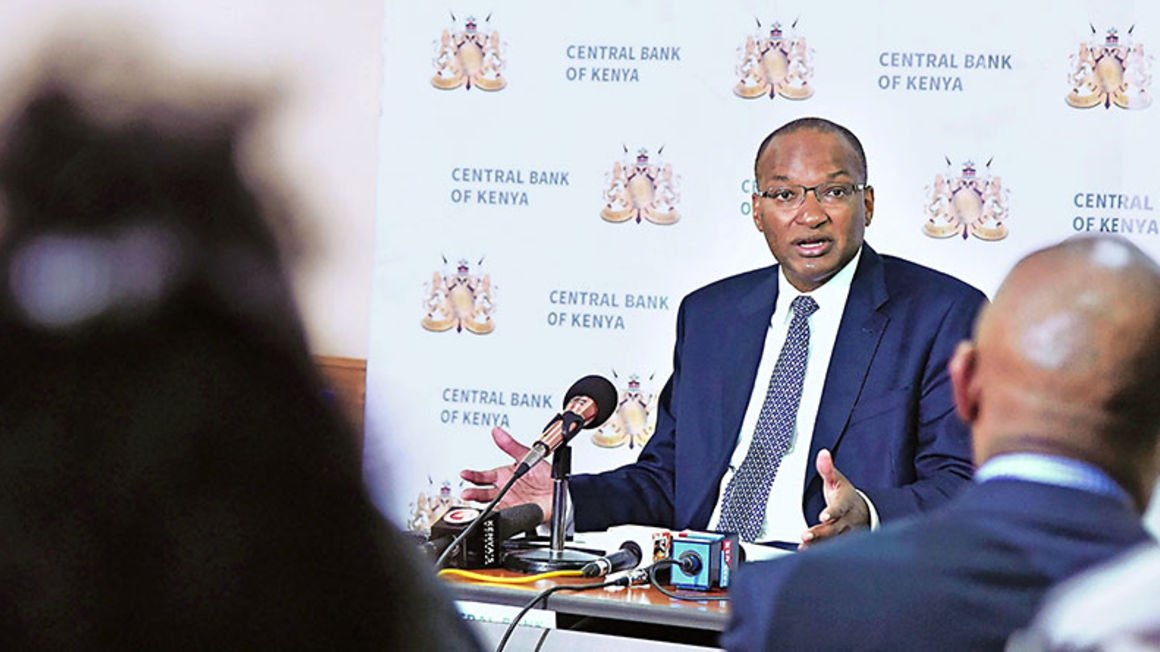CBK Governor Patrick Njoroge. FILE PHOTO | NMG Kenya’s tier-one banks increased their provisioning for bad loans by Sh50 billion in the nine months to September 2020, reflecting the rise in non-performing loans in key sectors due to the Covid-19 pandemic.
The large banks, which control 73 per cent of the sector’s total loans, set aside Sh68.3 billion to cater for expected defaults in the period from 18 billion in the same period last year, reflecting a 276 per cent rise in one year.
The exposure has mainly come from the transport, real estate, energy tourism and hospitality sectors, which are the worst hit by the pandemic.
The total excludes I&M Bank, which is yet to report its third-quarter results, while NCBA’s total for 2020 reflects the merged entity with NIC Bank.
The higher provisions have the effect of hitting the bottom-line while eroding the capital base for lenders, and as a result, the tier one banks saw their combined net profit shrink by 30.2 per cent to Sh52 billion in the period.
“Credit risk remains elevated, with non-performing loans as a percentage of total loan book remaining at 13.6 per cent from August through to October,” said Central Bank Governor Patrick Njoroge on Friday.
In addition to making higher provisions, lenders have restructured Sh1.38 trillion worth of loans since February, accounting for nearly half of their loan book of Sh2.9 trillion.
This is in a bid to avoid massive defaults from customers whose ability to repay has been hampered by job losses, closure of businesses and reduced trade and tourism. “The idea was for banks to protect their balance sheet,” said Dr Njoroge.
Beginning January 1, 2018, banks have been required to make provisions for expected loan losses rather than those already incurred following the adoption of the more conservative International Financial Reporting Standards (IFRS 9).
KCB , Equity and NCBA raised their provisioning by the highest margin in the period. They also recorded the biggest jump in non-performing loans.
KCB increased its loan loss provision by Sh14.2 billion to Sh20.01 billion, as its stock of bad loans rose by Sh54.4 billion to hit Sh97 billion in the period.
